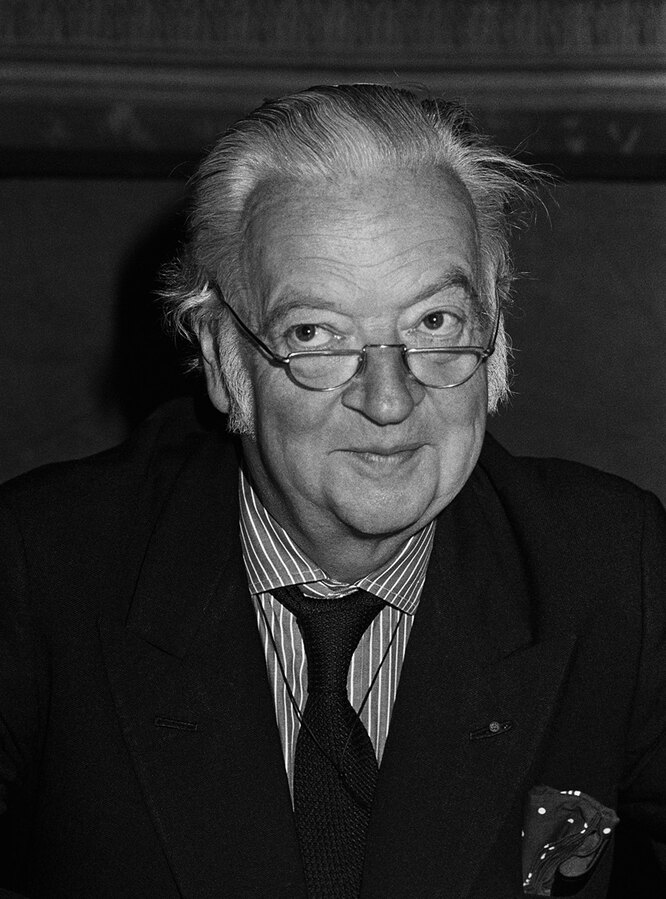1. The idea of reviving the Olympic Games in Greece was first expressed by a Greek poet Panagiotis Soutsos. In his 1833 poem, the ghost of Plato sternly asks the lyrical hero: “Where are your Olympic Games?” The answer was given in 1859, when the first Olympias took place — local Olympic Games that did not have international status.
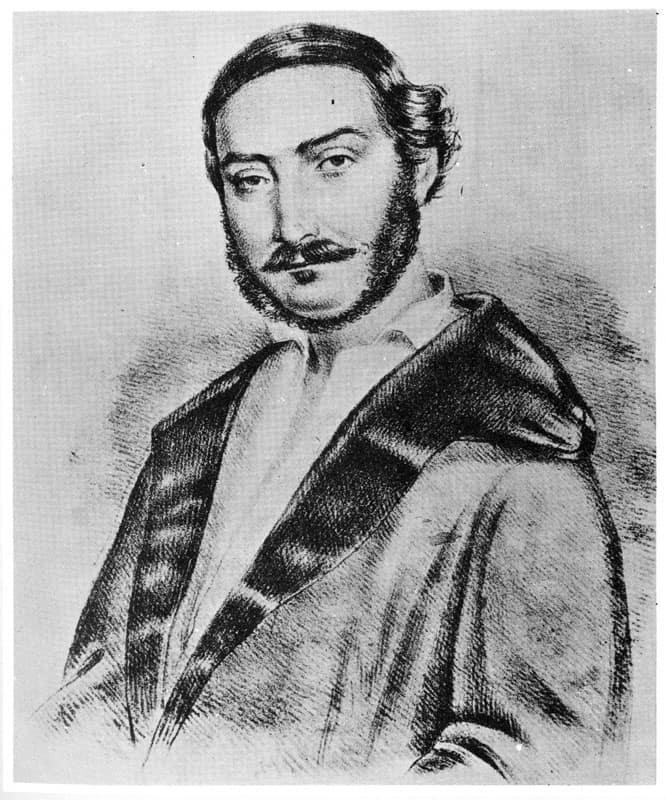
2. Evangelos Zappas was a hero of the Greek War of Independence, after the successful completion of which in 1832 he went into business and became one of the richest men in Europe. Since Zappas remained a patriot of his homeland, he willingly sponsored events that helped raise the national spirit — the so-called “Olympias”, which were held regularly from 1859 to 1888 and were essentially the prototypes of the modern Olympics. The inheritance of Evangelos Zappas and his brother Konstantinos also served to finance the first international Olympics in 1896.
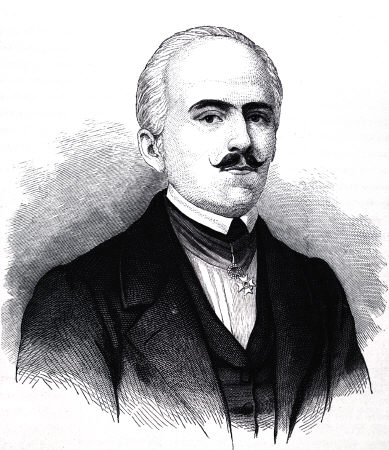
3. French Baron Pierre de Coubertin delivered a report on “The Revival of Olympism” on November 25, 1892 at the Sorbonne. He managed to convince the world community of the need for international Olympic Games, and 4 years later they were held for the first time in Athens. De Coubertin also had his own reasons for this: he believed that the reason for France’s defeat in the Franco-Prussian War was the poor physical preparation of his relatives. Until his death in 1937, de Coubertin held leadership positions in the IOC he founded, only once interrupting his work to participate in combat operations on the fields of the First World War.
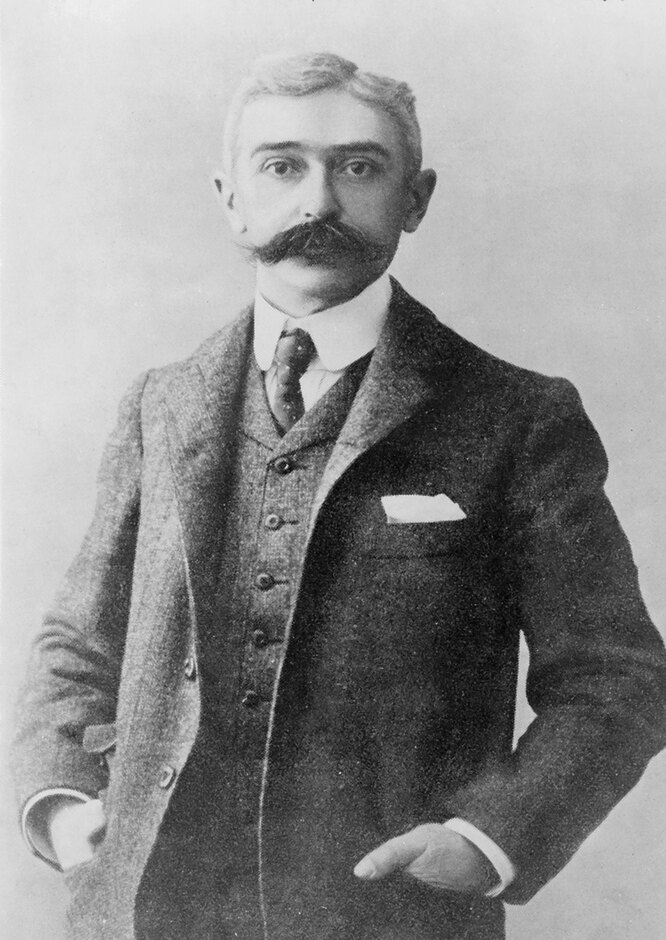
4. Greek poet and businessman Demetrius Vikelas dedicated his life to the revival of ancient culture, therefore, having learned about the convening of the International Olympic Committee, he insisted that the first Games be held not in Paris, as originally planned, but in Greece. The Olympics were successfully held in Athens in 1896, and Vikelas — now the president of the IOC — with even greater enthusiasm proposed to hold all subsequent Olympics there from now on. But the rest of the IOC members reasonably reasoned that the Olympic Games are not a national event, but an international one, and should be held in different countries. After this, a disappointed Vikelas left his post and from then on attended the Games only as an honored guest.
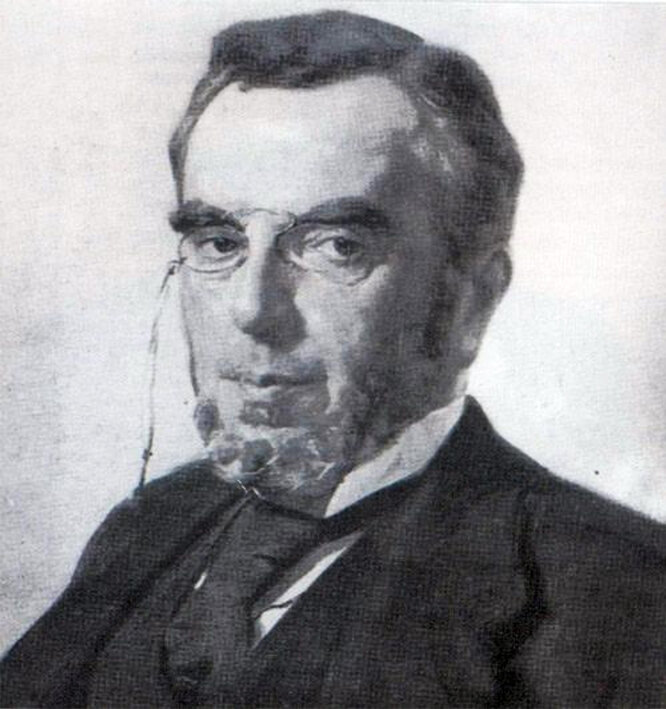
5. From 1925 to 1942, the President of the International Olympic Committee was a Belgian aristocrat Henri de Bayeux-Latour. Back in 1920, in the conditions of post-war devastation, he brilliantly organized the Olympics in Antwerp, after which he began to enjoy authority in sports circles. Bayeux-Latour was also responsible for the infamous 1936 Berlin Olympics, which became the Fuhrer’s personal holiday. Under him, the IOC Executive Committee began to play a major role in decision-making. The IOC management system created by Bayeux-Latour is still in effect today.
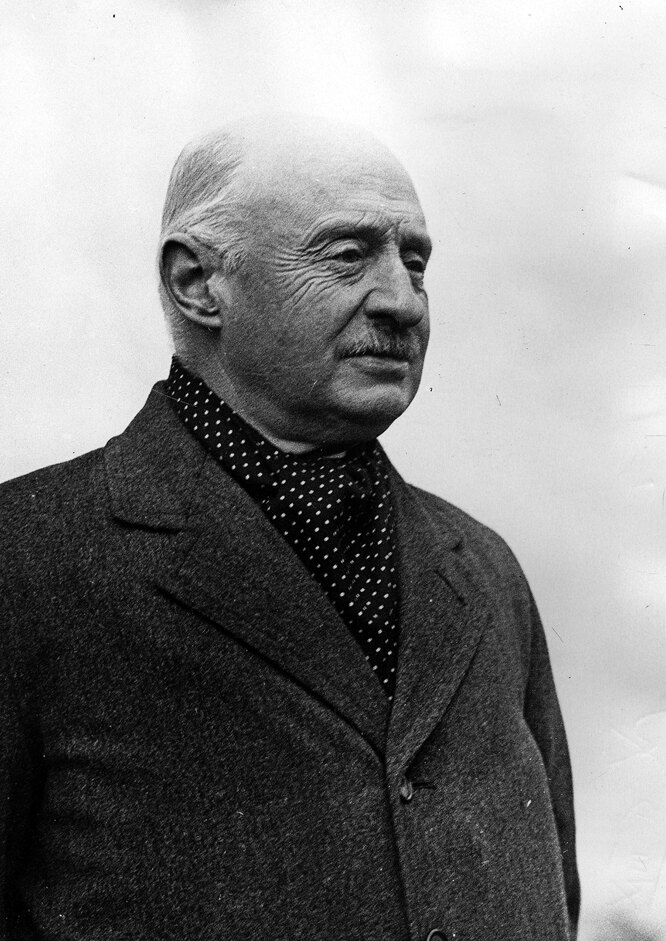
6. Michael Morris, 3rd Baron Killanin, headed the Olympic Committee during the most difficult period of its existence — from 1972 to 1980. As vice-president and president of the IOC, he had to deal with the terrorist attack at the Munich Olympics in August 1972, the financially disastrous 1976 Montreal Olympics and the boycott of the 1980 Moscow Olympics. Morris resigned as president shortly before the start of the Moscow Games, no longer able to bear their excessive politicization; but he left behind most interesting memoirs about his years of work in the Committee.
